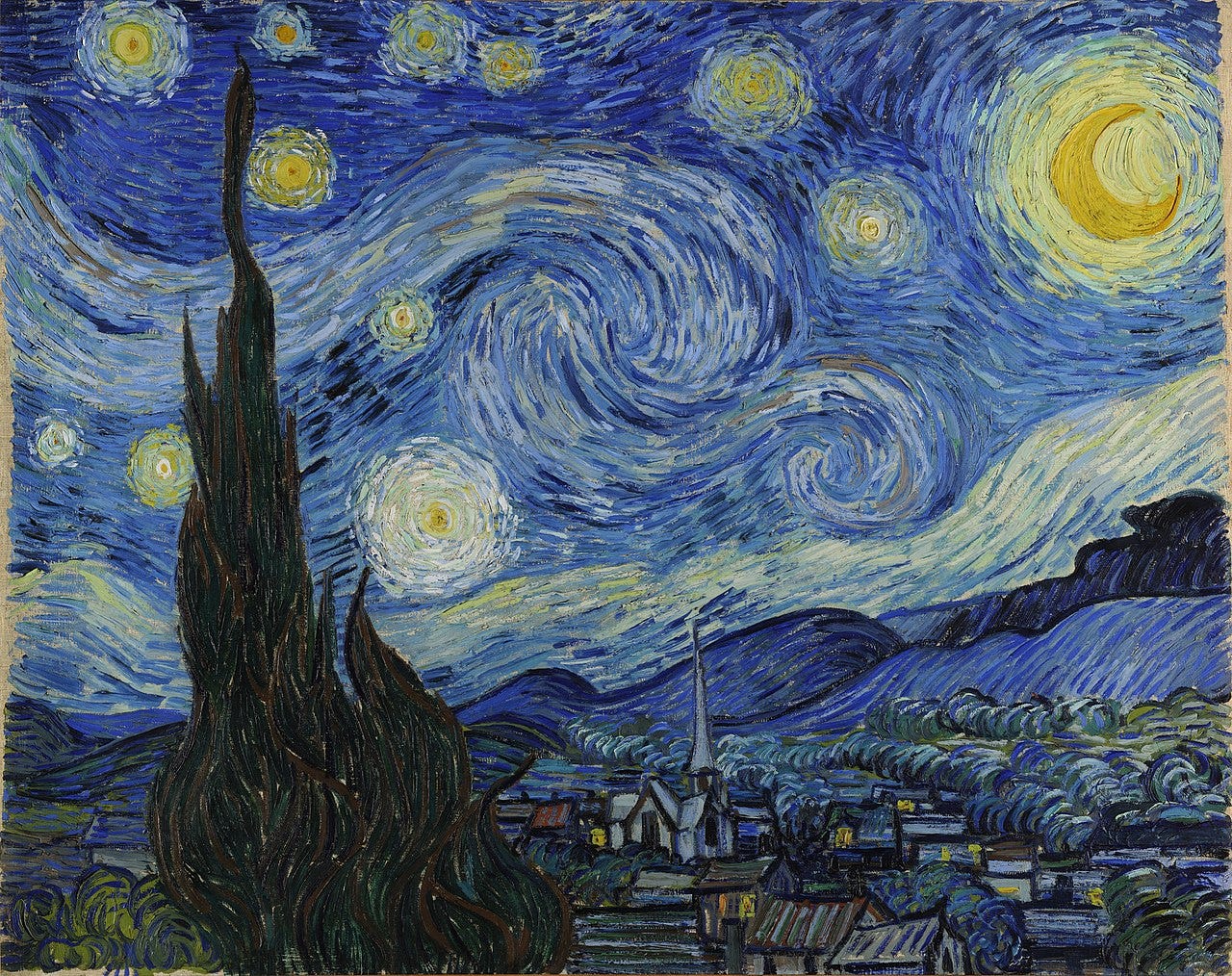
1 | Into the Machine
In his 1974 piece, Anarchy, State, and Utopia, Robert Nozick poses to us a thought experiment of utmost interest: what he calls the Experience Machine. In this exercise, he asks us to imagine that there is a machine which is capable of generating a perfect simulation of an ideal world; an alternate plane of existence in which we, as individuals, could find ourselves perfectly and perpetually happy. He asks us, then—given the choice between a reality in which we are liable to suffer and a fantasy in which we are guaranteed a perfect and perpetual satisfaction—which we would choose.
Would you live on in a world of imperfection and strife? Or…
Would you choose to be happy?
2 | The Serious World
As children, we are born into a world which has existed already long before us. Thrust as we are into a preestablished reality, we are inclined to believe its nature to be immovable and inherent. As Beauvoir would put it, the Child imagines the world of Adults to be objective and true—a Serious World, in which he is permitted only to exist. The Child believes himself not a contributor, but rather only a participant: capable of acting within the world, but incapable of affecting, altering, or defining its course.
As Children learn and mature, many of them grow up within the insular confines of their Serious World, never thinking to question the legitimacy of their preestablished knowledge—of the things which they have been told are true. They find themselves wrapped up in a world of dogmatism—in the Spirit of Seriousness—becoming what Beauvoir refers to as Serious Men.
Serious Men imagine themselves Adults—as having become part of the class of people who have created and defined the world. They imagine that their Serious World, in which they have been raised to believe, represents an absolute, objective, metaphysical reality, and that this knowledge of the truth of the world lends them the right to believe themselves a member of the truly enlightened—the very pinnacle of human existence.
3 | Nozick, Nietzsche, and Beauvoir: Dreamers and Serious Men
People are born into the Machine—raised within a simulation of reality. Sheltered and insulated as they are from the outside world, they find themselves thrust into a reality which exists only at the exclusion of novel empirical data. This exclusion and dismissal of new information confines them, allowing them to continue to believe in the truth and veracity of their Serious World, and enabling their transformation into Serious Men.
Nietzsche says this: that the Serious Men live already within the Experience Machine; not literally, of course, but in the sense that, by refusing to take in novel data and to construct a world by empirical means, Serious Men are necessarily what Nietzsche has called Dreamers: those who have encased themselves in the shell of an illusory world. They have, as in the case of Nozick’s Experience Machine, chosen to invest themselves in a simulation of the world which is not a believably accurate, empirical representation of reality. They have chosen the happy fantasy—the fantasy in which they are able to believe themselves the pinnacle of human existence—over the reality of an empirical world.
Within the microcosm in which they are contained—within their Experience Machine—Serious Men are perfectly happy to believe this: that they and all others like them sit at the summit of human enlightenment. However, whenever it does become the case that someone or something introduces new information which contradicts or offends the dogma of their established worldview, they become incensed. They fall upon that novelty with torches and pitchforks ready in hand, decrying it as a great evil. They refuse to consider the possibility that they could be wrong—that everything in which they have ever believed has been nothing more than a dream born from the Machine.
The true goal is obscured by a deluding image; we stretch out our hands towards the image, and nature achieves its goal by means of this deception. In the Greeks the ‘Will’ wanted to gaze on a vision of itself as transfigured by genius and the world of art; in order that the Will might glorify itself its creatures too had to feel themselves to be worthy of glorification; they had to recognize a reflection of themselves in a higher sphere without feeling that the perfected world of the vision was an imperative or a reproach. This is the sphere of beauty in which they saw their mirror images, the Olympians.
—Friedrich Nietzsche; The Birth of Tragedy








